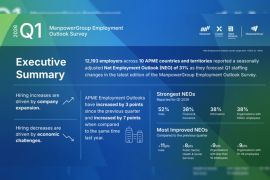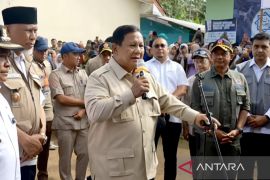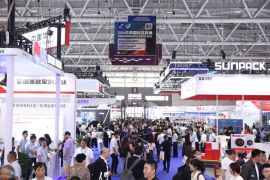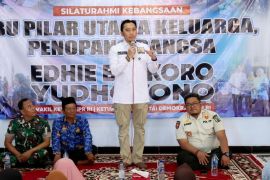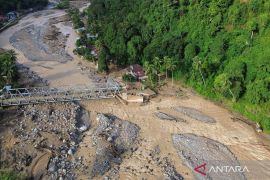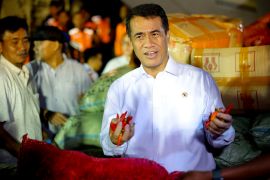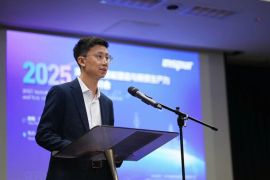"The DNIs revision effected in last February was the biggest step in the last ten years to open the country for investments. Yet, to my mind, the DNI still remains the most restrictive regulation in the Association of South East Asian Nations. No other country has a regulation as restrictive as that of Indonesia," Tom, as Thomas Lembong is popularly called, said after signing a memorandum of understanding with the state-owned PT Bank Mandiri (Persero) in Jakarta on Tuesday.
The government revised the DNI through a Presidential Regulation, No. 44/2016 that governs the List of Business Fields Closed and Business Fields Open with Conditions to Investment in the Investment Sector.
Sectors, that are open (to foreign investment), included film in the production sector, distribution and exhibition (movies), hotel management with conditional local content and medical practitioner services with requirements to abide by the Law on hospitals so that medical profession in the country could be protected.
The opened sectors also included investment to support cold storage. But in the upstream area, catch fish business field remains on the restricted list and open only to 100 percent domestic investment.
Tom said as the DNI is too restrictive in nature, there is ample chance to further carry out reforms in the regulations.
He said President Joko Widodo (Jokowi) has made public that the government will open business opportunities to foreign investors as wide as possible by gradually revising the DNI.
"I want to recall that in February, when the DNI was last revised, the president had said that there will be the second step, then a third, a fourth one and so on in an effort to open the Indonesian economy to foreign investors," the BKPM chief said.
Tom, who assumed the BKPM top post two weeks ago, acknowledged that he needed time to carry out consolidation as similar things were also happening at other ministries/state institutions.
He said the proposal for DNI's revision did not come from businesses or certain parties but from the reformist group within the governments economic team.
"The proposal came not from the business people but from the reformist group in the economic team. Many points and ideas came up for revision but it is unethical to reveal the details here and now.
The BKPM chief said he needed to coordinate with economic ministers, the president and the vice president regarding the revision of the DNI.
"We need to coordinate first with the chief economic minister through a coordination meeting and a limited cabinet session with the president," Tom said.
When asked on Monday about the statement of Coordinating Minister for Maritime and Natural Resources, Luhut Pandjaitan, about the possibility of foreign fishing vessels being allowed to operate in Natuna waters, Thomas said, "We are still awaiting directives from the Coordinating Minister, the President and the Vice President."
The statement by Luhut has been strongly rejected by Marine and Fisheries Minister Susi Pudjiastuti, who said she would resign if foreign fishing vessels were allowed to operate again in Indonesian waters.
Thomas said a review of the DNI could be used to reduce investment in the fisheries sector. He said investment in a number of industries such as cement and rubber processing sectors might need to be stopped as the industries already have over capacity. On the other hand, there are sectors that need more investment, such as tourism.(*)
Editor: Heru Purwanto
Copyright © ANTARA 2016
